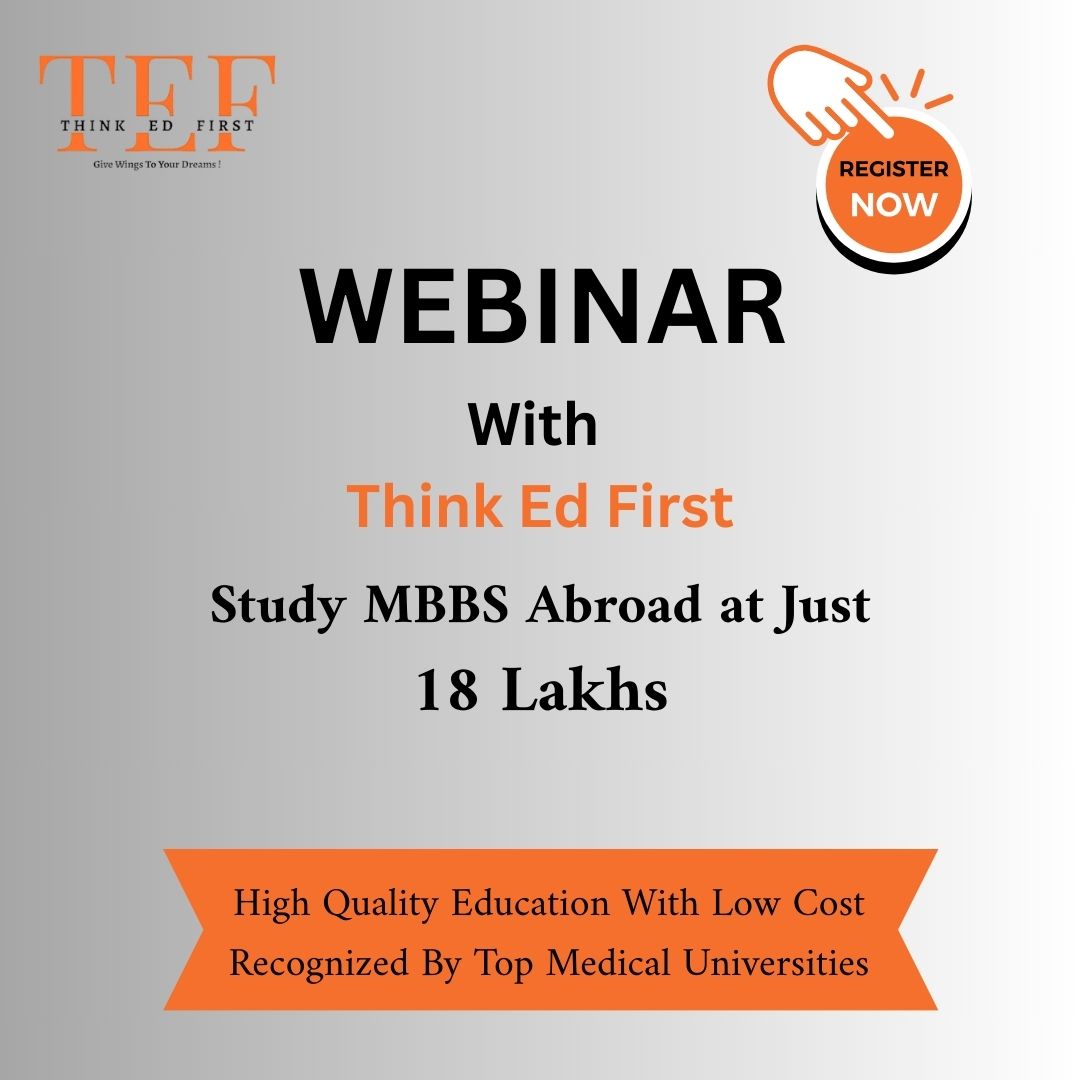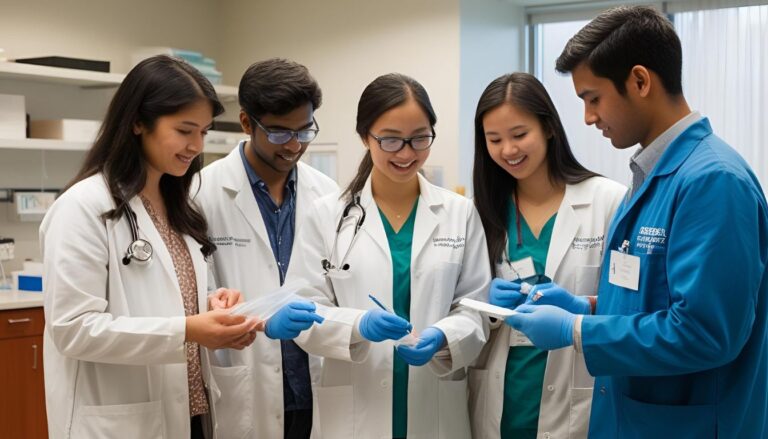Have you ever wondered what it takes for doctors to transition their careers to an international stage? The journey is filled with challenges, but understanding the process can make all the difference. For many, practicing in the UK is a dream, but it requires careful planning and meeting specific requirements.
One of the key steps is ensuring all necessary documents are in order. This includes certifications, verifications, and proof of good standing. These are essential for eligibility to take exams like PLAB or UKMLA, which are prerequisites for practicing in the UK.
Navigating this path can be complex, but with the right guidance, it becomes manageable. Let’s explore how doctors can turn this dream into reality by understanding the steps involved and preparing effectively.
Understanding GMC Registration for Bangladesh Medical Graduates
Navigating the path to international practice involves understanding key distinctions. For overseas doctors, knowing the difference between Full and Provisional licensing is essential. Full licensing allows independent practice, while Provisional licensing is for those still completing requirements.
After passing exams like PLAB or UKMLA, doctors must meet license-to-practice requirements. These include demonstrating skills and aligning internship validation with international standards. The introduction of UKMLA has streamlined timelines, making the process more efficient.
Fitness-to-practice evidence is also crucial. This ensures doctors meet the necessary professional and ethical standards. Aligning BM&DC internship validation with these requirements is a key step.
| Type | Eligibility | Scope of Practice |
|---|---|---|
| Full License | Completed all requirements | Independent practice |
| Provisional License | Pending completion of requirements | Supervised practice |
With EPIC verification now eliminating in-person ID checks, the process has become more accessible. This shift highlights the importance of staying updated with changes in licensing requirements.
Key Prerequisites for GMC Registration
Preparing for international practice requires meeting specific prerequisites. These steps ensure eligibility and streamline the process. Let’s break down the essential requirements.
Full BM&DC Registration Requirements
To achieve full registration with the medical council, certain criteria must be met. This includes completing an internship and submitting the necessary documents. Here’s what you need:
- An internship completion certificate.
- Surrender of provisional registration.
- Payment of a 1,600 BDT fee.
Processing delays of up to six weeks can occur during peak periods. Ensure all documents, like MBBS certificates and internship logs, are ready to avoid setbacks.
Certificate of Good Standing (CGS)
A Certificate of Good Standing is vital for proving your professional integrity. It confirms you’ve met ethical and legal standards during your practice. To apply:
- Pay a 3,000 BDT fee.
- Submit character certificates and declaration forms.
This certificate must be valid for three months from the date of issue. It’s a key document for your application.
BM&DC Letter of Internship
The internship letter is crucial for bypassing the UK Foundation Year 1 requirement. It validates your internship aligns with international standards. Ensure it includes:
- Details of your internship duration and rotations.
- Confirmation of completion from the medical council.
For more insights on aligning your MBBS program with international standards, refer to the NMC Guidelines for MBBS Abroad 2025.
Step-by-Step Guide to BM&DC Documentation
Proper documentation ensures a smooth transition to international practice. Understanding the process is essential to avoid delays and ensure eligibility. Let’s break down the key steps to prepare your documents effectively.
How to Obtain Full BM&DC Registration
To achieve full registration, you must meet specific criteria. This includes submitting the required documents and completing an internship. Here’s what you need to do:
- Submit an internship completion certificate.
- Surrender your provisional registration.
- Pay a fee of 1,600 BDT.
Processing can take up to six weeks during peak periods. Ensure all documents, such as your MBBS certificate and internship logs, are ready to avoid setbacks.
Applying for a Certificate of Good Standing
A Certificate of Good Standing (CGS) is vital for proving your professional integrity. It confirms you’ve met ethical and legal standards during your practice. Here’s how to apply:
- Pay a fee of 3,000 BDT.
- Submit character certificates and declaration forms.
This certificate is valid for three months from the date of issue. Coordinate its validity with your application window to avoid expiration.
Securing Your Internship Approval Letter
The internship approval letter is crucial for bypassing the UK Foundation Year 1 requirement. It validates that your internship aligns with international standards. Ensure it includes:
- Details of your internship duration and rotations.
- Confirmation of completion from the medical council.
Common rejection reasons include incomplete details or mismatched information. Double-check your letter before submission.
PLAB and UKMLA Exams: What You Need to Know
Understanding the differences between PLAB and UKMLA exams is essential for aspiring doctors. These tests evaluate both knowledge and skills, ensuring candidates meet the standards required for international practice.
PLAB 1 is a written exam focusing on theoretical knowledge. It consists of multiple-choice questions covering various medical topics. On the other hand, PLAB 2 is an Objective Structured Clinical Examination (OSCE) that assesses practical skills in a simulated clinical environment.
The transition from PLAB to UKMLA began in 2024. The UKMLA system includes an Applied Knowledge Test (AKT) and a Clinical & Professional Skills Assessment (CPSA). This shift aims to align the testing process with the UK curriculum and regulatory guidelines.
Here’s a breakdown of the costs and structure for both exams:
| Exam | Type | Cost |
|---|---|---|
| PLAB 1 | Written | £255 |
| PLAB 2 | OSCE | £934 |
Recommended study resources include AI-powered adaptive learning platforms, official GMC materials, and question banks. These tools help candidates prepare effectively for both exams.
Exam centers are located in multiple countries, including India, Egypt, and Pakistan. Candidates must consider visa requirements when planning to take the test abroad. The average wait time for PLAB 2 results is four weeks, which can impact the validity of other documents like the Certificate of Good Standing.
By focusing on both knowledge and skills, candidates can navigate the PLAB and UKMLA exams successfully. Staying updated with the latest guidelines and resources is key to achieving this goal.
English Language Proficiency Requirements
Meeting language proficiency standards is a critical step for doctors aiming to practice internationally. The UK requires applicants to demonstrate their English skills through approved tests. These qualifications ensure that candidates can communicate effectively in a clinical setting.
IELTS vs. OET for Language Qualification
Two primary tests are accepted: IELTS Academic and OET. IELTS requires a minimum overall score of 7.5, with at least 7.0 in each module. OET, tailored for healthcare professionals, demands a Grade B in all sub-tests. Both tests evaluate reading, writing, listening, and speaking skills.
IELTS is widely available and often more affordable. OET, however, focuses on medical scenarios, making it a preferred choice for some healthcare professionals. Approved test centers in Dhaka and Chittagong offer both options, ensuring accessibility for applicants.
Validity and Rejection Rates
Language certificates are valid for two years. Applications with expired certificates face high rejection rates. It’s crucial to coordinate your test dates with your application timeline to avoid this issue.
Balancing Exam Prep with Clinical Work
Preparing for these tests while managing clinical responsibilities can be challenging. Here are some strategies to help:
- Create a study schedule that fits around your work hours.
- Use online resources and practice tests to familiarize yourself with the format.
- Join study groups or seek guidance from those who have already taken the test.
Exception Cases
UK-trained graduates may be exempt from these language requirements. If you completed your primary medical qualification in the UK, you might not need to take IELTS or OET. Always verify this with the relevant authorities to ensure compliance.
Preparing Your Primary Medical Qualification (PMQ) Evidence
Gathering the right documents is the foundation of a successful application process. Your primary qualification evidence must meet international standards to ensure eligibility. Let’s explore the key steps to prepare your documents effectively.
EPIC verification is a critical requirement for MBBS certificates. This process confirms the authenticity of your qualifications. Submitting accurate and verified evidence is essential to avoid delays or rejections.
For Dhaka University-issued MBBS degrees, notarization standards must be followed. Ensure your documents are properly notarized to meet EPIC requirements. Common discrepancies in transcript translations can lead to issues, so double-check all details.
If your internship completion certificate is lost or damaged, contact the issuing institution for a duplicate. The Bangladesh Medical Association plays a vital role in document authentication, ensuring your evidence aligns with international standards.
EPIC portal submissions typically take an average of 26 business days. Plan ahead to coordinate this timeline with your application window. Proper preparation and attention to detail will streamline the process and help you achieve your goals.
EPIC Verification for GMC Registration
The EPIC verification process is a crucial step for doctors aiming to practice internationally. It replaces physical document submissions for 89% of applicants, streamlining the process significantly. This system ensures your credentials meet international standards, making it easier to provide the necessary evidence for your application.
To get started, create an EPIC account. You’ll need scanned passport pages, a photograph, and details of your medical education. Once your account is set up, you can upload your documents for verification. The fees include $90 for verification and $80 for source verification per document.
Collaboration between the BM&DC and ECFMG facilitates direct credential transfers. This partnership ensures a smoother verification process, reducing delays. However, if your status shows as “Undetermined,” take immediate action to resolve it. Contact EPIC support at [email protected] or +1 (215) 966-3900 for guidance.
Verification delays can impact your application timeline. Applications may close after 90 days if verification is not completed. To avoid this, start the process well in advance. Monitor your verification status through your EPIC account and address any issues promptly.
By following these steps, you can ensure your credentials are verified efficiently. This will help you meet the requirements set by the medical council and move forward in your journey to practice internationally.
Timeline for GMC Registration Application
Planning your application timeline is key to avoiding unnecessary delays. A well-structured approach ensures all documents are ready on time. Let’s break down the steps to help you stay on track.
When to Apply for Documents
Start by obtaining your primary qualification evidence first. This includes your degree and internship completion certificate. Next, apply for the Certificate of Good Standing (CGS), which is valid for only three months.
Here’s the ideal sequence:
- Primary qualification evidence (PMQ).
- Certificate of Good Standing (CGS).
- PLAB or UKMLA exam preparation.
- EPIC verification.
Synchronizing CGS Validity with Your Application
The CGS must be valid when your application is approved. Delays in document procurement can lead to invalidation, causing significant setbacks. Plan your timeline carefully to avoid this issue.
Consider these tips:
- Start the process at least 18 months in advance.
- Account for BM&DC office closures during holidays.
- Use express processing for CGS if needed (72-hour service at double the cost).
Case studies show that failed synchronization can lead to delays of up to six months. Stay proactive to ensure a smooth process.
Common Pitfalls and How to Avoid Them
Avoiding common mistakes can significantly improve your chances of success in the application process. Many applicants face challenges due to overlooked details or missteps in documentation. Understanding these pitfalls can help you navigate the process more effectively.
One of the top errors is misrepresenting provisional registration dates. This can lead to delays or even rejection. Always double-check the accuracy of your dates and ensure they align with official records.
Another frequent issue is handling employment gaps exceeding six months. If you have such gaps, provide a clear explanation. Transparency is key to avoiding red flags in your application.
Selecting the right notary public is also crucial. Ensure they meet the required standards for document authentication. This step is often overlooked but can make a significant difference in the verification process.
Employer reference forms, like the GEN1, can also pose challenges. Incomplete or inconsistent information can raise concerns. Work closely with your employer to ensure all details are accurate and comprehensive.
| Common Error | Solution |
|---|---|
| Misrepresented dates | Verify all dates with official records |
| Employment gaps | Provide clear explanations for gaps |
| Notary selection | Choose a notary meeting GMC standards |
| Incomplete reference forms | Collaborate with employers for accuracy |
By addressing these common pitfalls, you can streamline your application process. Paying attention to details and seeking guidance from a consultant can enhance your experience and increase your chances of success. Remember, thorough preparation is essential for achieving your goals in a new country.
Post-PLAB Steps for GMC Registration
After passing the PLAB exams, the next steps are crucial for securing your future in the UK. These actions ensure you’re fully prepared to transition into your new role as a licensed doctor. Let’s break down what you need to do.
First, notify the relevant authorities of your PLAB 2 results. This step is essential for moving forward with your application. Once confirmed, register on the GMC online portal. This platform is your gateway to completing the final stages of the process.
Next, secure a sponsorship letter from an NHS trust. This document is a key requirement for obtaining your license. It demonstrates that you have a job offer and are ready to contribute to the UK healthcare system.
Indemnity insurance is another important consideration. As a newly registered doctor, this coverage protects you against potential legal claims. Explore options that suit your needs and ensure you’re fully protected.
Finally, understand the timeline from registration approval to your first placement. On average, this process takes about three months. Plan accordingly to ensure a smooth transition into your new role.
- Notify authorities of PLAB 2 results.
- Register on the GMC online portal.
- Obtain an NHS trust sponsorship letter.
- Secure indemnity insurance.
- Prepare for your first UK placement.
By following these steps, you’ll be well on your way to achieving your goal of practicing in the UK. Stay organized and proactive to make the process as seamless as possible.
Resources and Support for Bangladeshi Applicants
Accessing the right resources can make a significant difference in your journey. Whether you’re preparing for exams or navigating the application process, having reliable support is essential. We’ve compiled a list of tools and services to help you every step of the way.
For BM&DC template links for CGS and internship applications, visit their official website. These templates ensure your documents meet the required standards. If you have questions, the BM&DC helpline is available during optimal calling hours: 9 AM to 5 PM, Sunday to Thursday.
Approved translation services in Dhaka’s Dhanmondi area can help with document translations. These services are trusted for accuracy and efficiency. Additionally, Facebook groups for PLAB aspirants, with over 15,000 members, offer peer support and valuable insights.
For practical training, consider GMC-approved OSCE training centers in Bangladesh. These centers provide hands-on practice to help you excel in your exams. If you encounter legal challenges, legal advisors specializing in medical registration appeals can offer expert guidance.
| Resource | Details |
|---|---|
| BM&DC Templates | Official links for CGS and internship applications |
| BM&DC Helpline | Available 9 AM to 5 PM, Sunday to Thursday |
| Translation Services | Approved providers in Dhaka’s Dhanmondi area |
| Facebook Groups | PLAB aspirant groups with 15k+ members |
| OSCE Training Centers | GMC-approved centers in Bangladesh |
| Legal Advisors | Specialists in medical registration appeals |
By leveraging these resources, you can streamline your preparation and application process. Proper training and support will help you overcome challenges and achieve your goals.
Conclusion
The journey to practicing internationally demands careful planning and attention to detail. On average, the application process takes about 12 months. Staying organized and following a sequential approach ensures you meet all requirements on time.
Document authenticity is critical. Double-check all submissions to avoid delays. A final checklist before submission can help you verify everything is in order. This includes verified qualifications, language test results, and other essential paperwork.
Beyond paperwork, psychological preparedness is equally important. Adapting to a new culture and work environment can be challenging. Building resilience and seeking support from peers can ease this transition.
We encourage you to share your experiences and insights in the comments. Your knowledge can help others navigate this process more effectively. Together, we can make this journey smoother for aspiring doctors.





